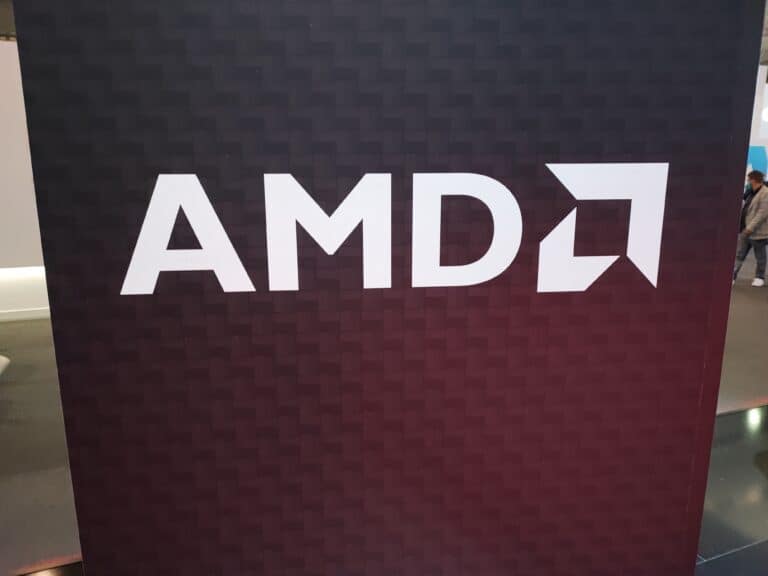The company’s growth in market share came at the direct expense of rival Intel.
Advanced Micro Devices (AMD) has captured nearly a third of the market for central processor units, according to a new report by Mercury Research. The Arizona-based research firm said AMD has grabbed share away from Intel, which still remains the largest player in the market for what are known as x86 processors, These are the CPUs that power popular operating systems like Microsoft Windows.
AMD gained market share simply by losing fewer sales than its competitor. In the fourth quarter, Intel had 68.7% market share for x86 processors versus AMD’s 31.3%, which was up from 28.5% a year earlier, according to Mercury Research.
Good news amid bad times for the CPU market
The cheery results for AMD came amid what Mercury Research report said was the worst downturn in the PC chip market since the 1980s. In fact, the researchers said that the recent slump was possibly the worst in the industry’s history.
Analysts reason that the downturn came because customers bought PCs and laptops for working from home during the pandemic. Since then, consumers and businesses have slowed their purchases amid rising inflation and economic uncertainty.
Results not entirely surprising
But the slowdown has played out differently for AMD and Intel. AMD last month beat Wall Street sales expectations while Intel conceded that it has “stumbled” in competing with its longtime rival, according to a Reuters report, which also said Intel’s expected losses were forcing broad employee pay cuts.
On top of beating Wall Street targets, Reuters also reported that the company said it expected business to improve. Indeed, many investors already perceived that the company is gaining on rival Intel. Although AMD’s forecast was behind expectations, it was not as weak as some worried, and AMD shares rose about 1.5% in after hours trading based on the results.
Recent earnings reports for both Intel and AMD show the once fast growing data center business will be more challenging for all chip makers as companies adjust their spending.
